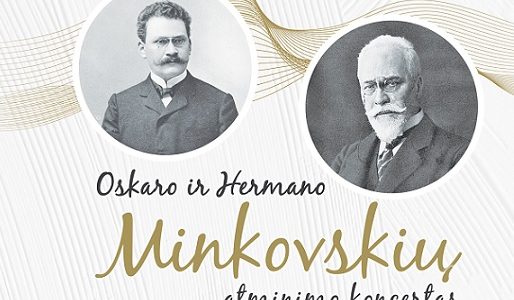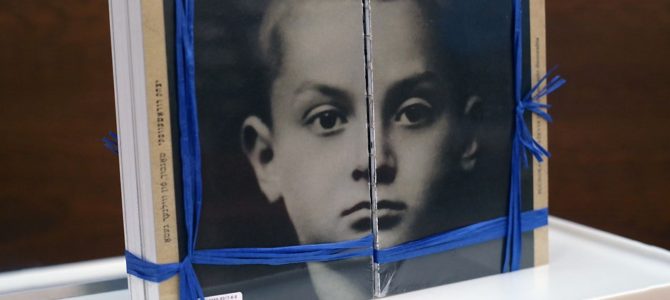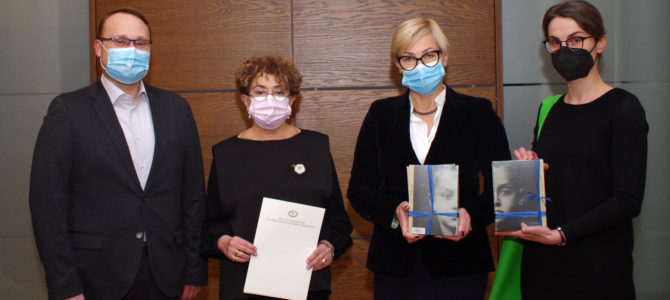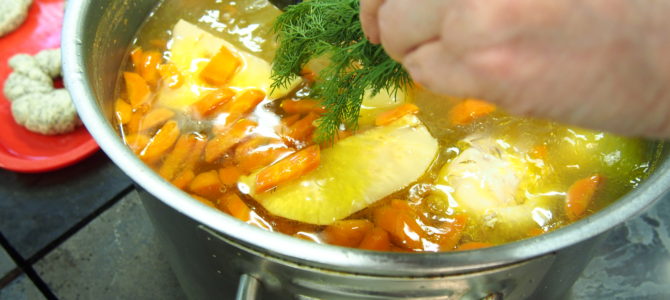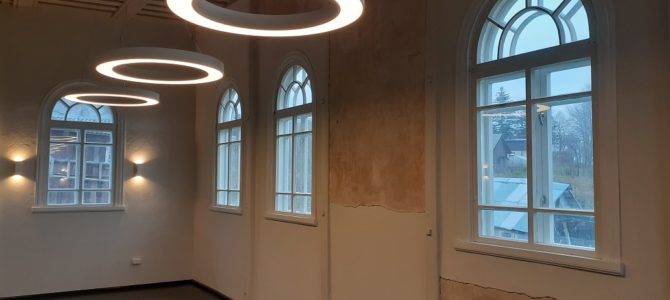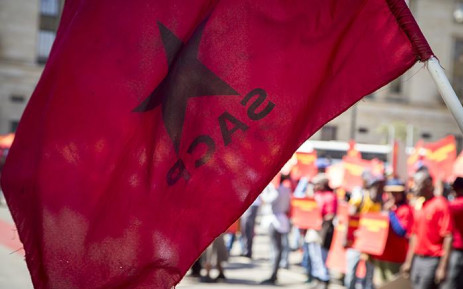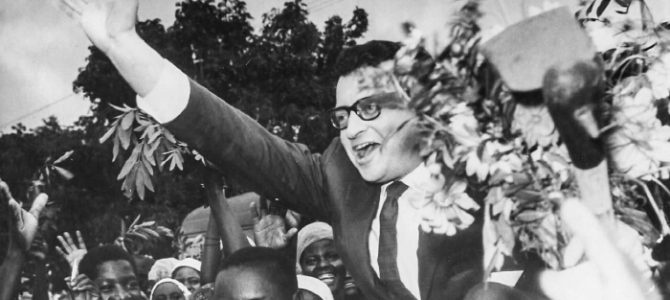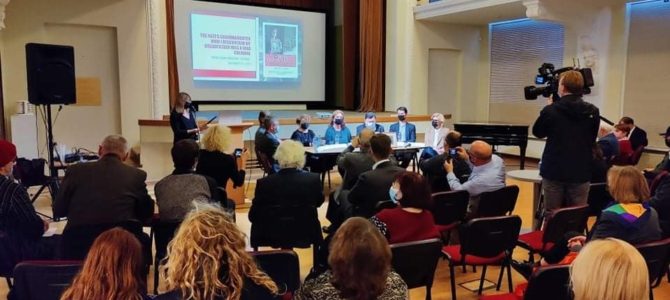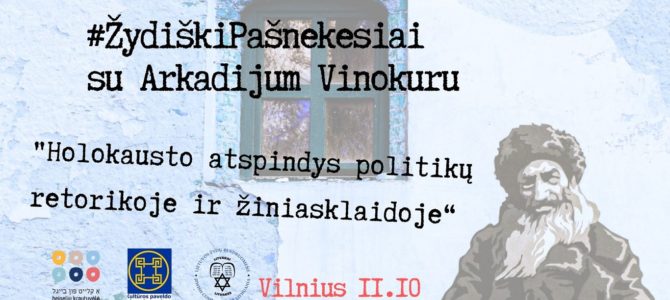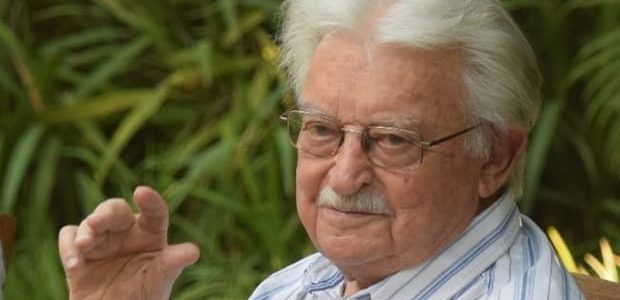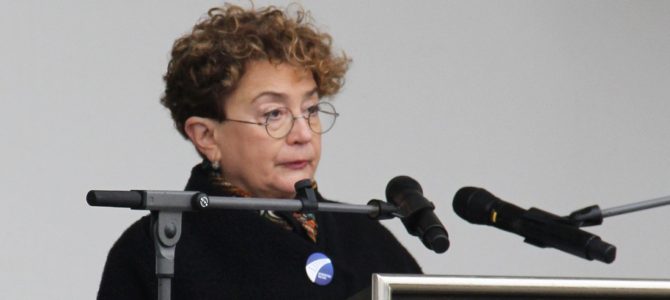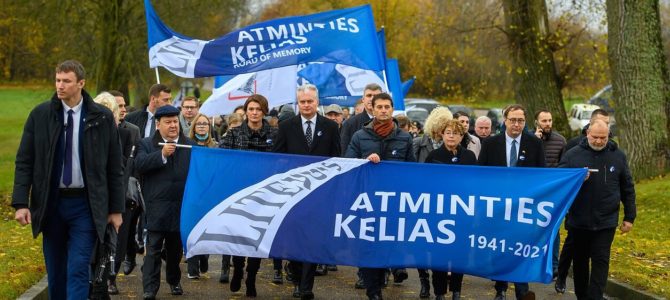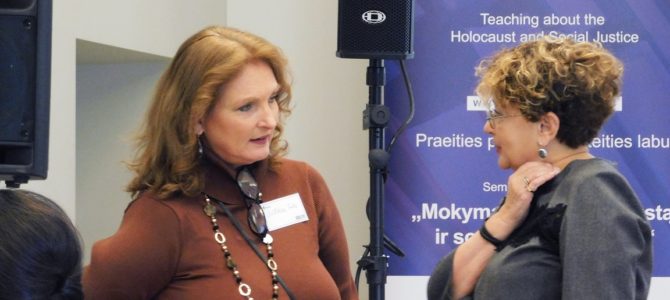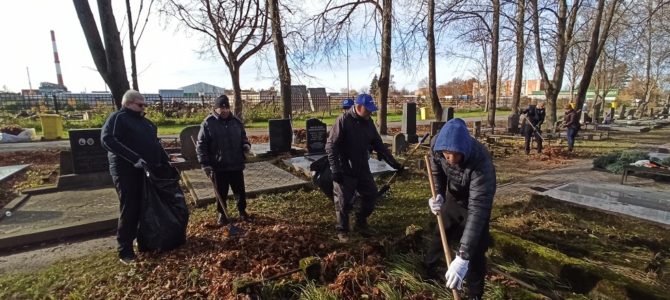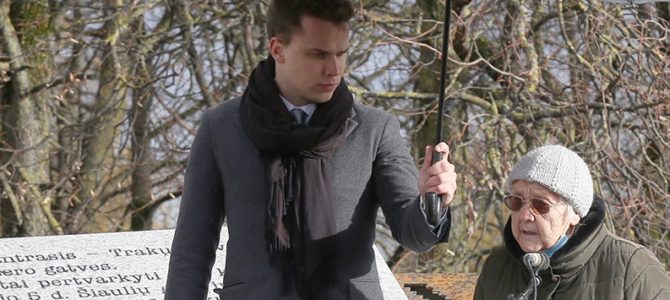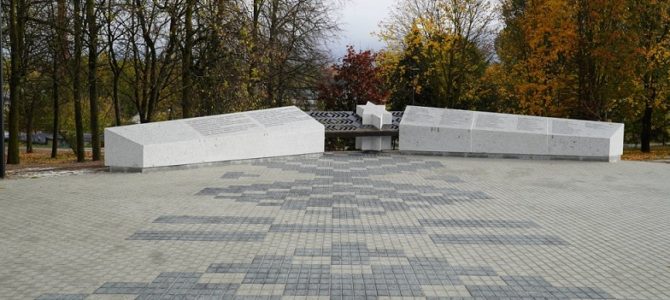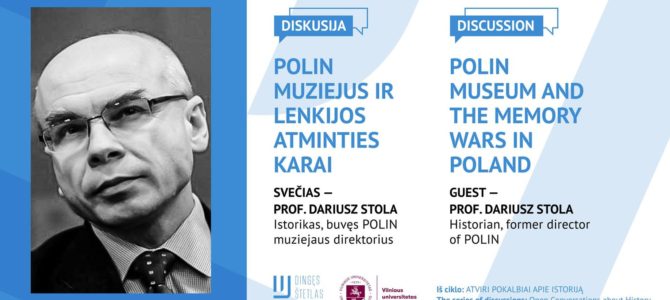At 4:00 P.M. on October 15 the Lost Shtetl project and Vilnius University will continue the series of discussions called “Public Conversations about History.” During these discussions we will raise the issues of historical truth, memory wars and the motivations behind choosing to serve one ideology or another.
This time the topic is “The POLIN Museum and Poland’s Memory Wars.” We will engage historian and former POLIN director Dariusz Stola in conversation.
POLIN, the Polish museum of Jewish history, opened in 2014 and has had millions of visitors since then. The museum successfully addresses the complex past of Poles and Jews. But when POLIN demonstrated an exhibit about the anti-Zionist campaign of 1968 and expressed opposition to Poland’s new law on Holocaust complicity, right-wing nationalists and politicians in the ruling party attacked the museum.
Dariusz Stola will talk about the museum’s achievements and about how everything changed when the culture wars began dividing the country. In the discussion we’ll talk about how national commemoration policy rejects a critical judgment of the past as a “shaming methodology.” We will reflect on how these factors affect us.
Moderators: Sergejus Kanovičius and Paulius Gritėnas
The discussion will take place in English in the Theater Hall of Vilnius University. Certificate of vaccination or equivalent required for entry.
More information available here.


